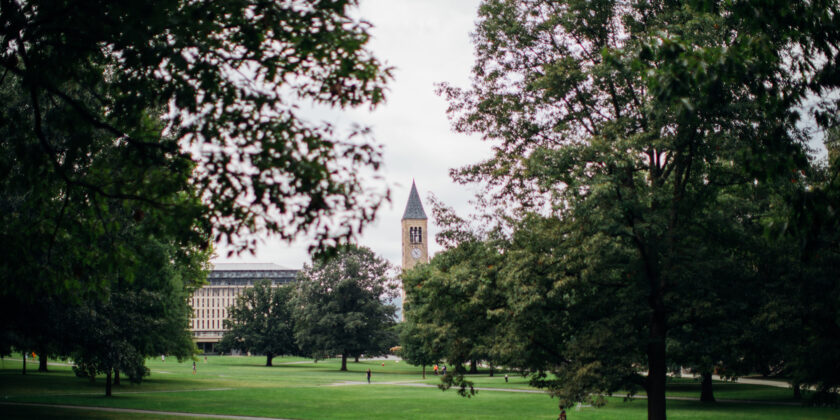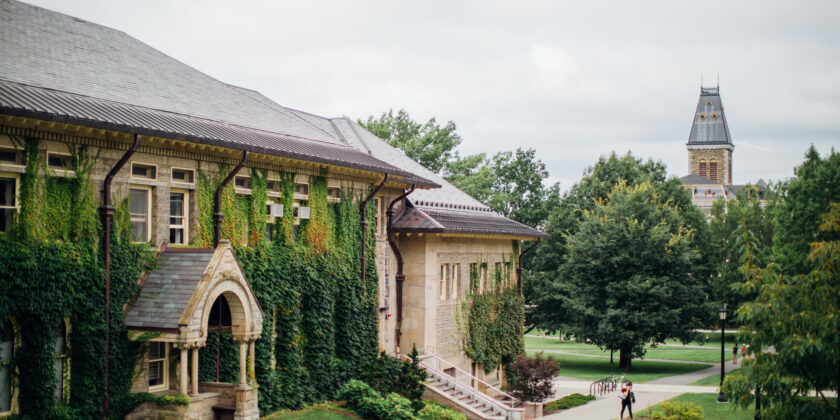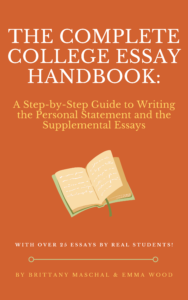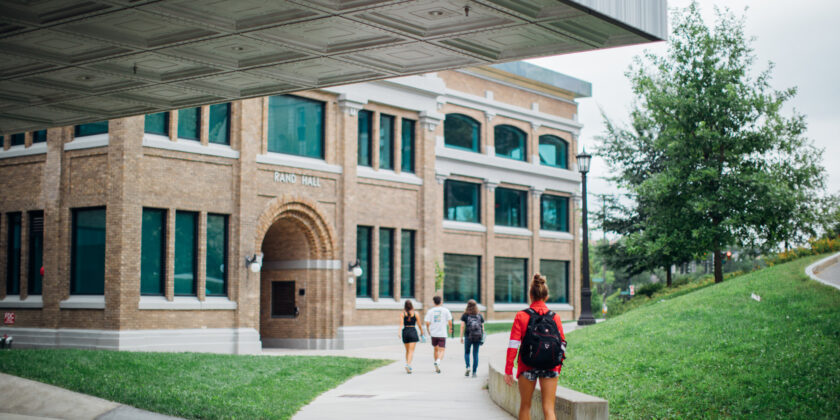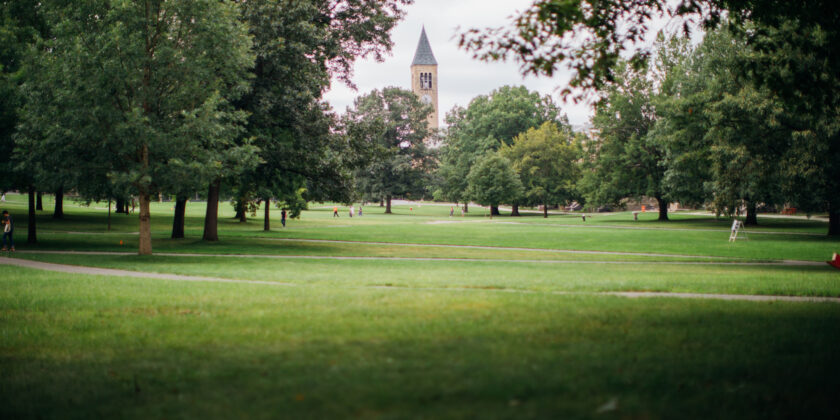Start Now: College Counseling for High School Juniors
We’ve seen too many students wait until the summer after 11th grade to try to develop and implement the strategies needed to tackle the college application process successfully and with ease. Often, there is just not enough time to do the pre-work that results in the most effective essays, outreach, and positive admissions outcomes.
The best time to start? Now.
Juniors, right now you can:
- Develop relationships with admissions officers and regional reps (the people who make key decisions on your application) as well as current students and faculty (we can fill you in on why these connections are so important)
- Open up a Common App account to get familiar with the system + complete the base data
- Make the best of campus visits and leverage contacts at colleges on these visits
- Craft a preliminary college list that maximizes the 5+ application plans colleges now use
- Start brainstorming for the Common App essay (the MOST important essay of most apps)
We hate seeing the second half of junior year go to waste!
Contact us today to discuss what you can do now to always stay a step—or three—ahead of the game.
We are also co-hosting a free online event on March 14th at 8pm eastern. Join us to hear top tips and effective strategies for the college process + ask us anything in the live Q&A! Register today!
*Stay in the know! Subscribe*

